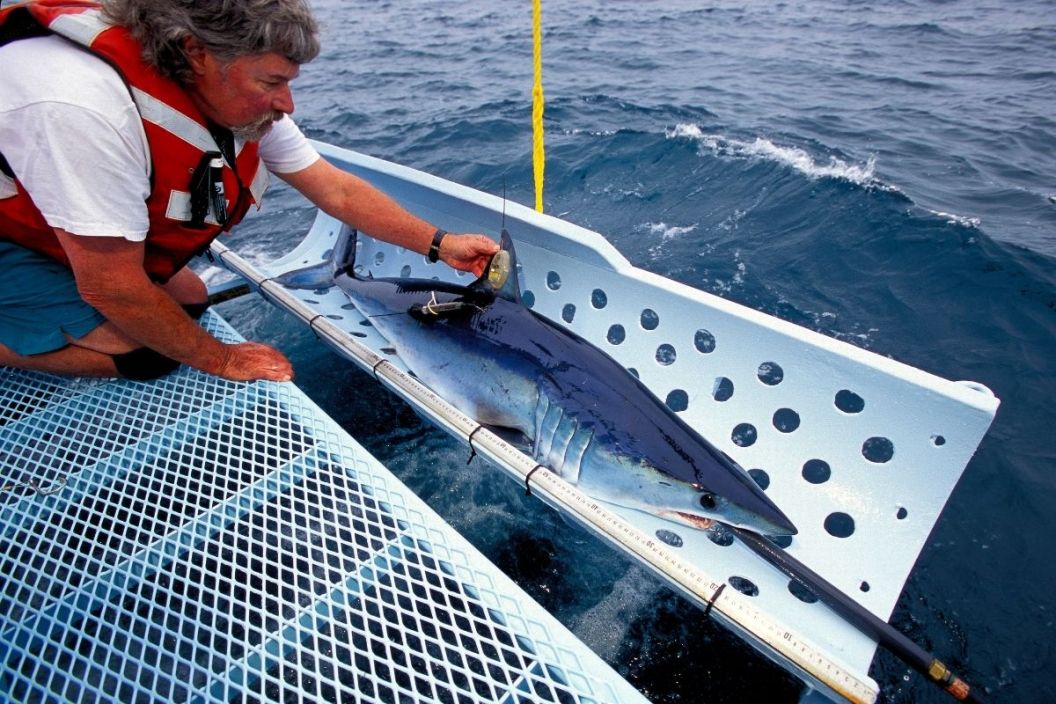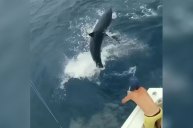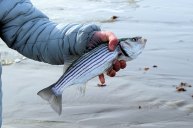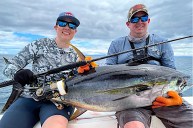For sportfishing fanatics and seafood lovers alike, the North Atlantic shortfin mako shark is no longer on the menu. Starting July 5, the National Oceanic and Atmospheric Administration decided to ban fishing for the fastest shark in the world by both commercial and recreational anglers in order to help the species recover from its population decline. The shortfin mako has long been prized by sport fishermen for its strength and leaping abilities, and admired by foodies for their favorable meat.
The NOAA explained that there is no set end date for the retention ban and that it's dependent on the status of the species. The ban's development has been in the works in 50 other countries since 2021 when it was found that mako shark populations in the North Atlantic were predicted to decline by 60%. The species has a slow reproductive cycle, and conservationists said that the declining long-term health of the oceans is also a major factor. According to Jon Dodd, the executive director of the Atlantic Shark Institute, female mako sharks don't reproduce until they're 20 years old and only reproduce once or twice in their 30-year lifespan, giving birth to around four to 18 pups at a time. Even then, the pups are susceptible to predation since they don't spend time with their mothers acting as brood protectors.
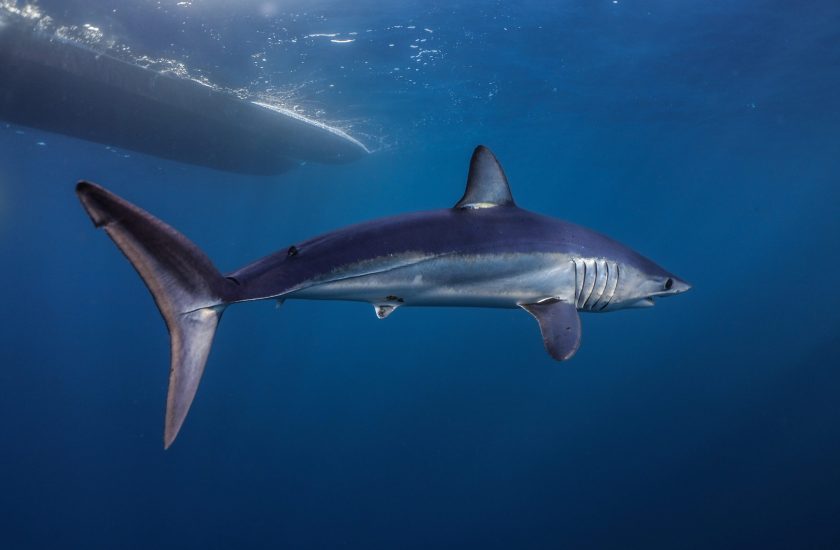
Ryan Cake via Getty Images
According to NOAA fisheries, mako sharks are highly migratory and can travel across entire oceans. Sea temperatures are what cause them to migrate, and they can be found off the East Coast of America, the Gulf of Mexico, and the Caribbean Sea. In the 1980s, a million pounds of the species was caught every year. That number decreased to less than 80,000 pounds by 2020. But when the sleek shark gets hooked, they frequently cause damage to boats and injure anglers.
Dodd also said that a recent assessment by ICCAT scientists (International Commission for the Conservation of Atlantic Tunas) showed that 4,750 metric tons of mako shark were being fished annually, and reducing that number to 700 metric tons will end overfishing and 500 metric tons would help the population rebuild. But that still would take 50 years to happen.
Dodd told the Boston Globe, "This isn't a quickly solvable problem. NOAA has said enough, we are shutting it down completely. Everything is going back into the water so we have no loopholes. Sad to say, there are some people who are probably running out now saying, 'I need to catch a mako before the deadline.'"
